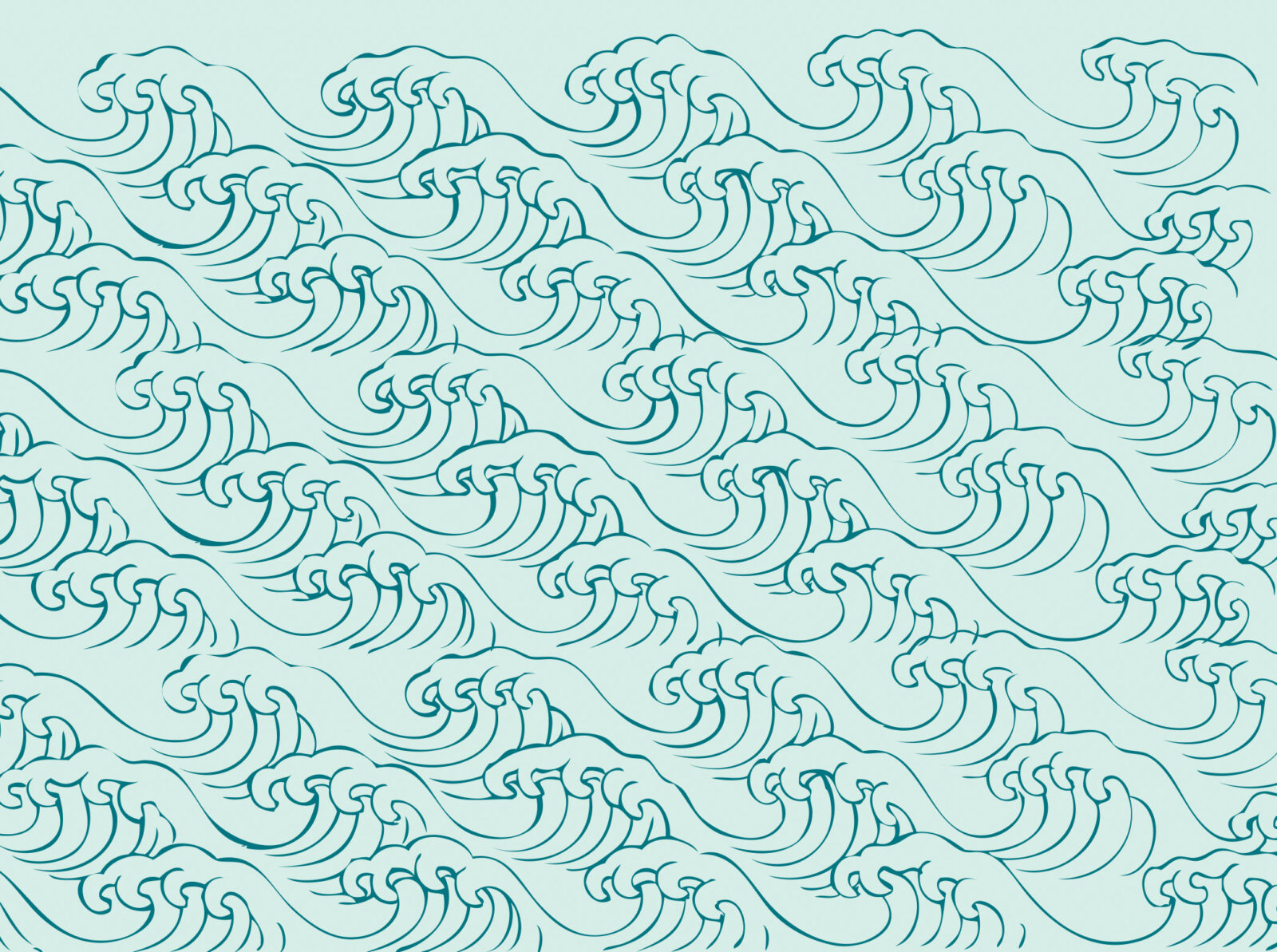


GYALPO, 8, sits at a small dinner table in front of a globe. CHOEDEN, 45, stands over him.
CHOEDEN
And this?
GYALPO
Ocean.
CHOEDEN
Gyatso.
GYALPO
Gyatso.
CHOEDEN
Good. This?
GYALPO
Sa shing.
CHOEDEN
No. This is khang-pa.
GYALPO
Home?
CHOEDEN
Home.
GYALPO
But this isn’t the shape of America. Where is—
CHOEDEN
No. We’ve been over this. This—
(spinning the globe)
Is America. And this—
(spinning globe back)
Is khang-pa. Home. Don’t you remember?
GYALPO
Chee . . . na.
CHOEDEN
What?
GYALPO
It says here. Chee . . . na.
CHOEDEN
No. This is not China. We’ve been over this. What is this? Tell me. What am I pointing at?
GYALPO
Tibet.
CHOEDEN
Speak Tibetan.
GYALPO
Bod.
CHOEDEN
Louder.
GYALPO
Boepa.
CHOEDEN
Good. Remember that. You are boepa. You eat bopai khalag. You speak boekay. You wear boeche. You are boepa. You belong to borig. Do you understand?
GYALPO
Yes, Pa.
CHOEDEN
Good. Now—
GYALPO
Pa. Does that mean I am also Chinese?
CHOEDEN
No, what did I just say?
GYALPO
Today, Polly asked me if I was Chinese, so I asked the teacher and she said yes. So I think I am Chinese.
CHOEDEN
Which teacher is this?
GYALPO
Miss Lu.
CHOEDEN
(getting up)
Ridiculous. Unacceptable.
GYALPO
Where are you going?
CHOEDEN
To call your teacher. This is absolutely ridiculous.
GYALPO
Why?
CHOEDEN
Because it’s wrong. Under no circumstances are you to be called Chinese, do you understand?
CHOEDEN calls. The phone rings.
GYALPO
Pa?
CHOEDEN
Hold on.
GYALPO
Why does it matter?
CHOEDEN
What?
CHOEDEN puts down the phone. No one picked up.
GYALPO
Why does it matter if I am Chinese or Tibetan?
CHOEDEN
Because.
GYALPO
Why can’t I be both?
CHOEDEN
Because, Gyalpo, you don’t understand how the world works. It’s important that you know who you are.
GYALPO
De mi-tagpa rey.
CHOEDEN
What?
GYALPO
That’s what Miss Gyatso said in Tibetan school today. De mi-tagpa rey.
CHOEDEN
What do you know about that?
GYALPO
She said nothing matters. It will all just go away.
CHOEDEN
Who does she think she is? His Holiness the Dalai Lama?
GYALPO
She said His Holiness says this too.
CHOEDEN
This is about geopolitics, Gyalpo. Your teacher does not understand the significance of our country and its survival. You cannot listen to her about this, OK? Trust me. Tibet is not impermanent. Tibet is at risk of being impermanent, so we must make sure we keep it alive, that we keep it safe.
GYALPO
But she says everything is impermanent. She says even our bodies are impermanent. She says when we die, we will leave everything behind, including Tibet. Including you.
Silence.
CHOEDEN
Including me.
GYALPO
It’s OK, Pa. She said it’s OK.
CHOEDEN sits down.
CHOEDEN
What else did Miss Gyatso say?
GYALPO
She said it is OK that I lost my pencil case, because de mi-tagpa rey.
CHOEDEN laughs.
GYALPO
She said it’s OK that Kobi’s dad went to Mexico, because de mi-tagpa rey. And that it’s OK that Bernie our turtle died because de mi-tagpa rey. She said we should practice saying that.
CHOEDEN
Kobi’s dad went to Mexico?
GYALPO
Yes. Kobi said he went on a long holiday.
CHOEDEN
Right.
GYALPO
But it’s OK. Because the world is impermed.
CHOEDEN
Impermanent.
GYALPO
Impermament.
CHOEDEN
Close enough. All right.
CHOEDEN closes the book on the table.
He cleans up.
CHOEDEN
Time for bed. It’s late.
GYALPO
I don’t want to sleep.
CHOEDEN
Come on, Gyalpo.
GYALPO
Why do I have to?
CHOEDEN
Because you are a growing boy. You’ll need it to become strong and tall and smart in the future.
GYALPO
But Pa.
CHOEDEN
Yes?
GYALPO
There might not be a future.
CHOEDEN
What do you mean?
GYALPO
I could be impermament today. I could—
CHOEDEN
Don’t talk nonsense. Come on. If you get up to go to bed quicker, I’ll sneak you a Coca-Cola in your lunch bag tomorrow before your mother sees.
GYALPO
Pa!
GYALPO runs out of the room. He runs back in with a large piece of paper.
CHOEDEN
What is this?
GYALPO
It was from story time.
CHOEDEN
(reading)
“My name is Gyalpo. I love coca cola very much. My Pa does not let me drink coca cola, but I am already coca cola. I am impermmmmd. My body is the can and I feel like coca cola inside. But everything goes away. Even my Pa. Even coca cola. One day, a little boy drinks the coca cola inside the can and everything is gone. Everything inside is gone, and then even the can is gone, and everything is goodbye. This is what my life is. I am coca cola. And when everything is gone, the can is gone too. The boy is gone too. My Pa is gone too. And no one tells anyone not to drink coca cola. Because no one remembers.”
Silence.
CHOEDEN
It’s not the same as giving up, you know? It’s—
GYALPO
What isn’t?
CHOEDEN
Everything will go away. But we don’t give up.
GYALPO
Like Kobi?
CHOEDEN
Come on. Time for bed.
GYALPO
But Pa—
CHOEDEN
Come on. Go brush your teeth.
GYALPO sulks his way out of the room. CHOEDEN is left alone in the room.
He reads the story again.
CHOEDEN reaches up to a cupboard. He takes out a can of Coca-Cola. He reaches for GYALPO’s backpack. He changes his mind. CHOEDEN cracks the can open and drinks. He looks out the window, pours the liquid out of the can, and crushes it.
END OF PLAY
The author would like to thank Geshe Lobsang Dhargyal for his insightful teachings on impermanence and his help in English-Tibetan translations, as well as Lobgsang Nyandak, President of the Tibet Fund, for his guidance on Tibetan culture.

Stefani Kuo (郭佳怡) is a native of Hong Kong and received her BA from Yale University. She is a playwright and performer who wrote Final Boarding Call, a play about the Hong Kong protests. Kuo is a member of writers groups Interstate 73 with Page 73 and Speaker’s Corner with Gingold Theatrical Group. She has been a finalist for the National Playwrights Conference, Jerome Fellowship at Lanesboro Arts, Jerome Fellowship at the Playwrights’ Center, Van Lier New Voices Fellowship, and more.
Get the latest news and stories from the Rubin, plus occasional information on how to support our work.